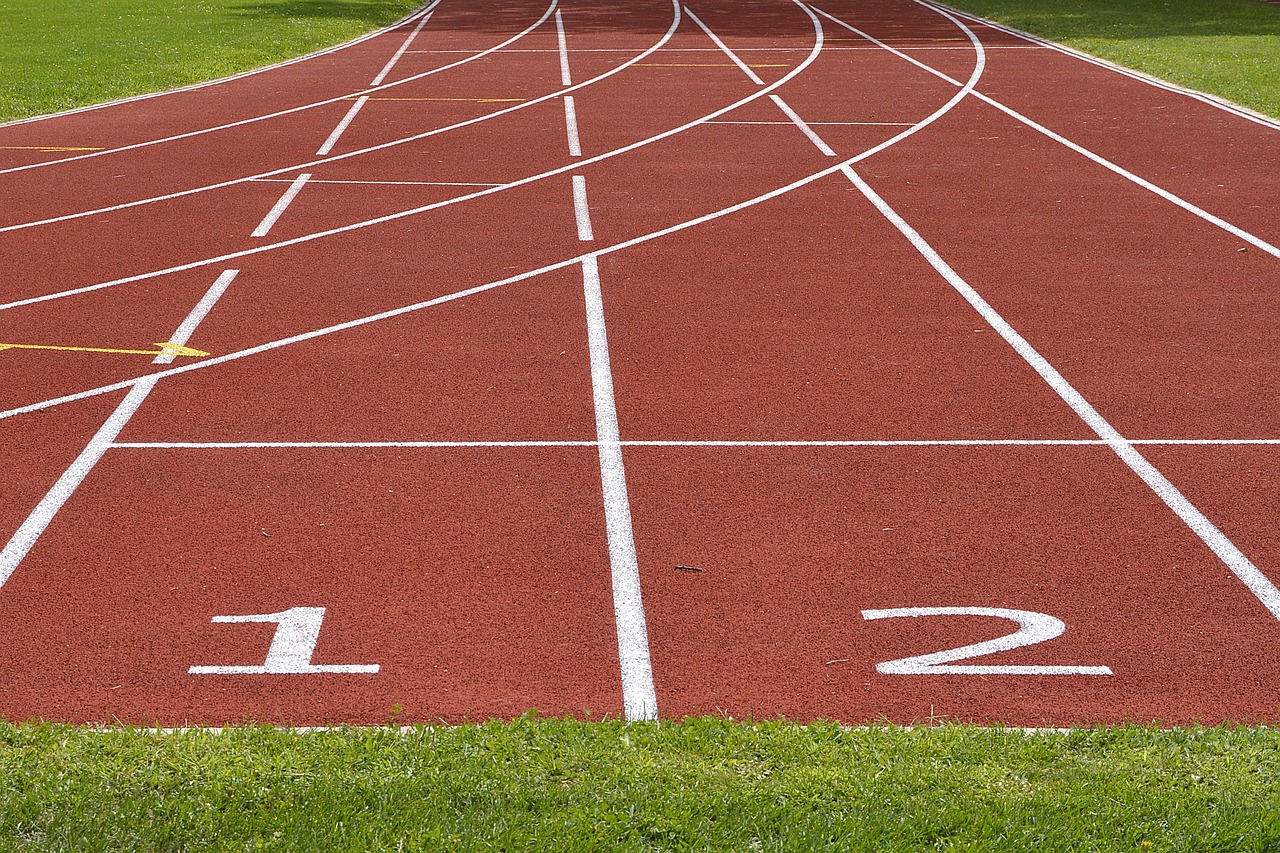The Sporting Landscape Under Trump’s Presidency
With Donald Trump’s re-election as President of the United States, the sports world is poised for significant changes. Notable figures from the sporting community, including golfer Bryson DeChambeau and UFC president Dana White, were present during Trump’s victory speech in Florida, signaling a strong connection between sports and politics. As the U.S. prepares to host the FIFA World Cup in 2026 and the Olympics in 2028, questions arise regarding how Trump’s policies will shape the future of American sports.
Immigration Policies and International Sporting Events
Trump’s commitment to immigration reform includes promises of mass deportations and the completion of a border wall. These policies could escalate diplomatic tensions with Mexico, a co-host of the 2026 World Cup alongside Canada. Concerns about fan travel between the U.S. and Mexico have emerged, especially given Trump’s previous immigration policies that nearly jeopardized hosting rights for international tournaments.
Despite his tough stance on immigration, Trump has assured FIFA that fans from qualifying countries will be permitted entry into the U.S., a sentiment echoed by FIFA President Gianni Infantino, who expressed optimism about Trump’s return to power.
The upcoming World Cup will coincide with America’s 250th birthday, potentially amplifying Trump’s visibility on a global stage. However, his divisive rhetoric could deter businesses from sponsoring events for fear of association with controversial policies.
Gender Inclusion in Sports
Another contentious issue on Trump’s agenda is his vow to prohibit transgender women from participating in female sports events. This stance resonates with those concerned about fairness but raises potential conflicts with the International Olympic Committee (IOC), which has adopted flexible gender eligibility rules across various sports.
Trump’s remarks regarding Olympic athletes like Imane Khelif have drawn criticism and highlight ongoing tensions surrounding gender identity in sports. The IOC has condemned any discrimination against Khelif, reinforcing its support for her eligibility.
As Los Angeles prepares to host the 2028 Olympics, Trump’s administration may face challenges balancing traditional values against evolving social norms within sports.
The Future of Sports Under a Divisive Administration
The intersection of sports and politics is expected to intensify under Trump’s leadership. His presidency previously sparked an era of athlete activism as players voiced their concerns over social issues like racial injustice. With Trump back in office, it is likely that athletes will continue to utilize their platforms to advocate for change.
Nevertheless, a considerable amount of financial support from team owners aligns with Republican campaigns, suggesting that many within professional sports may favor Trump’s policies. As international events loom on the horizon, stakeholders will need to navigate this complex landscape where politics increasingly influences public perception and participation in sports.
In conclusion, as Donald Trump embarks on another term as president, his approach to crucial issues such as immigration and gender inclusion may reshape not only domestic policy but also America’s role in global sporting events. The upcoming years promise to be pivotal as these dynamics unfold against the backdrop of major international competitions.


